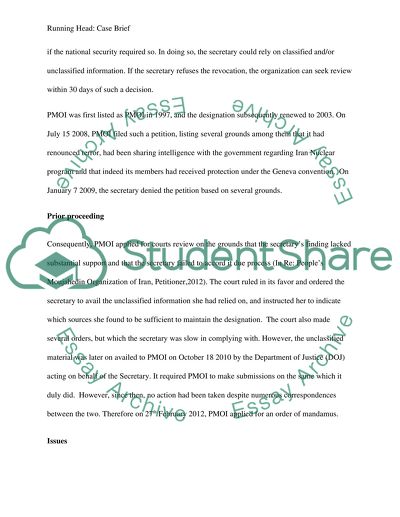People's Moujahedin Organization of Iran v. United States Department Case Study. Retrieved from https://studentshare.org/law/1478166-peopleyies-moujahedin-organization-of-iran-v
People'S Moujahedin Organization of Iran V. United States Department Case Study. https://studentshare.org/law/1478166-peopleyies-moujahedin-organization-of-iran-v.


